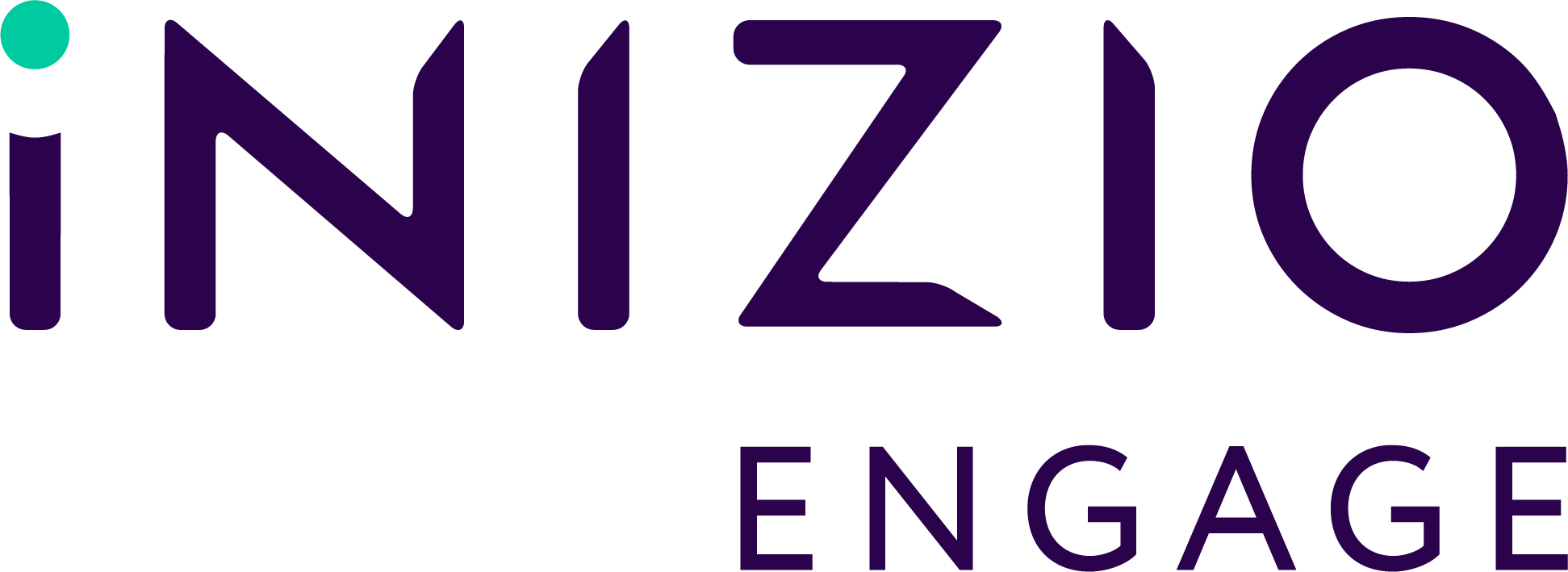Why agility is the key to navigating the fast-changing healthcare landscape
Please note, this article contains references to Ashfield Engage which has now become Inizio Engage
Ashfield Engage President, Greg Flynn, features in Pharmaceutical Commerce – outlining the transformed healthcare landscape in 2021, and the impact on pharma commercialisation strategies.
Several key trends have been causing waves in the pharmaceutical industry and healthcare market in recent years, prompting changes in the way many companies operate. Many of these trends have been accelerated by the Covid-19 outbreak, requiring the sector to adapt even more rapidly to minimise pandemic disruption. As a result, today’s healthcare landscape looks very different from the sector we were all familiar with just 24 months ago.
For example, remote and digital approaches to engagement with healthcare professionals (HCPs) and patients have been rising for many years. E-tools, such as individual and mass emails, as well as web portals and social media platforms, have increasingly been used to engage with HCPs and patients at times and on channels more convenient to them. However, despite these developments, traditional face-to-face engagement remained the mainstay prior to the pandemic due to:
-
-
- Physician preference for personal interactions (even during the pandemic, HCPs rated representatives as their preferred channel for engaging with pharma companies1).
- An industry-wide hesitancy to change a model that had been effective for so long.
- Assumptions that patients—particularly the elderly—would be reluctant to turn to digital channels for discussions about their health, favouring personal, face-to-face engagement.
-
Covid accelerated a shift in mindset, requiring pharmaceutical companies and healthcare providers across the globe to abruptly replace traditional face-to-face engagement. It necessitated a rise in the use of digital and remote channels to meet with HCPs, and ensured they had the information they needed to manage their patients effectively. It also required HCPs and pharmaceutical companies to consider how to support vulnerable patients with their healthcare needs remotely, in order to maintain social distancing to protect them from infection.
As a result of these rapid changes in ways of working, several trends have accelerated:
-
-
- A drive for omnichannel engagement – pharma companies increasingly need support in building their engagement capability across multiple channels. As economies begin to open up after the pandemic, we are seeing an increase in face-to-face engagement. However, with greater adoption of digital channels, growing preference for on-demand options and 54% of global HCPs saying they prefer hybrid engagement with sales reps2, we can expect omnichannel to be central to the “new normal.” When it comes to patient engagement, we are also seeing the embracing of a hybrid model. Some patients welcome a return to face-to-face interaction when undergoing treatment, but a growing number are happy with remote digital engagement, such as virtual consultations and SMS, or email updates from their HCPs. For example, in one Ashfield Engage programme, once patients understood they would be waiting longer for an in-home visit, 56% of the patient pool changed their visit preference to virtual within two weeks.
- A need for engaging, varied and relevant content – 80% of sales teams believe “fresh, relevant content” is the most effective way to generate HCP interest during screen-to-screen interactions3. To engage HCPs effectively across diverse channels, drug manufacturers need help developing fresh and eye-catching content tailored to the specific requirements of each channel. Companies also need to reconsider which specific key messages and product benefits resonate most with HCPs. It’s also important to tailor content to be more engaging and relevant to patients. The language needs to be accessible for patients with little medical knowledge, and the content needs to be in formats and on channels that are user-friendly and tailored to the unique requirements of individual patients.
- Support adapting to new healthcare delivery models – new research and development (R&D) and care delivery models have appeared in recent years, such as decentralised clinical trials, as well as remote or digital patient monitoring. Pharma companies are looking for guidance and expertise to adapt to these new ways of working.
-
In addition to these changes in engagement and delivery models, we are seeing the pharma industry shift its focus toward drugs for rare diseases and orphan conditions, as well as cell and gene therapies. This will require an enormous shift in ways of working for pharma companies to ensure that the resources are in place to support the drug lifecycle. A number of areas will need additional support to ensure the success of new therapies, including scientific education, patient identification and reimbursement.
Elsewhere, the role of big data and analytics looms large in the industry. Whether it is understanding how, when and where to communicate with stakeholders, or understanding real-world treatment and its impacts, rich data has the potential to transform the development and delivery of treatment. The race is on to secure and integrate data, and build genuinely actionable insights. In the years to come, data-driven decision-making will no longer be a differentiator for pharma but a foundational expectation.
The Agility Challenge
To adapt to all of these changes effectively, there is a need to leverage digital technologies at all levels and across all aspects of the commercialisation strategy, from HCP and patient engagement, to medical affairs and market access…

View more Inizio Engage insights.
Jump to a slide with the slide dots.
 Nareda Mills
Nareda Mills
Apps and wearables.
The promise of an improved patient experience through mobile apps and wearables is still up for debate...
Read moreA Career Rooted in Care: Christine Magnusson’s Journey from Nursing to Clinical Trials to Patient Solutions
Christine Magnusson brings clinical trial expertise and a compassionate, patient-focused lens to her new leadership role at Inizio Engage.
Read more Chris Starr
Chris Starr
Human-led, AI-powered: Transforming Commercial strategy in pharma
At the intersection of human expertise and cutting-edge technology, AI-powered tools are revolutionizing how you optimize commercial operations.
Read more